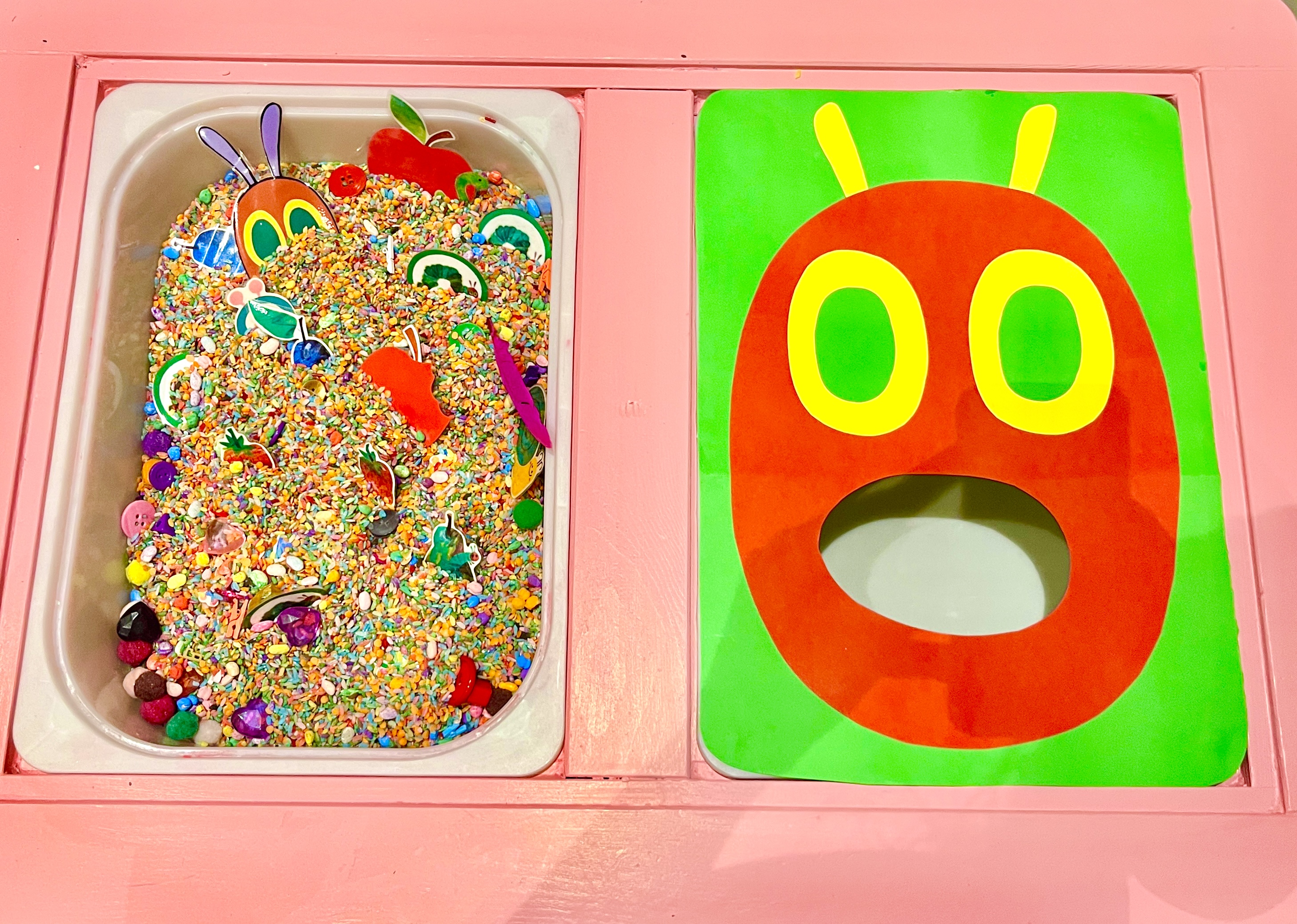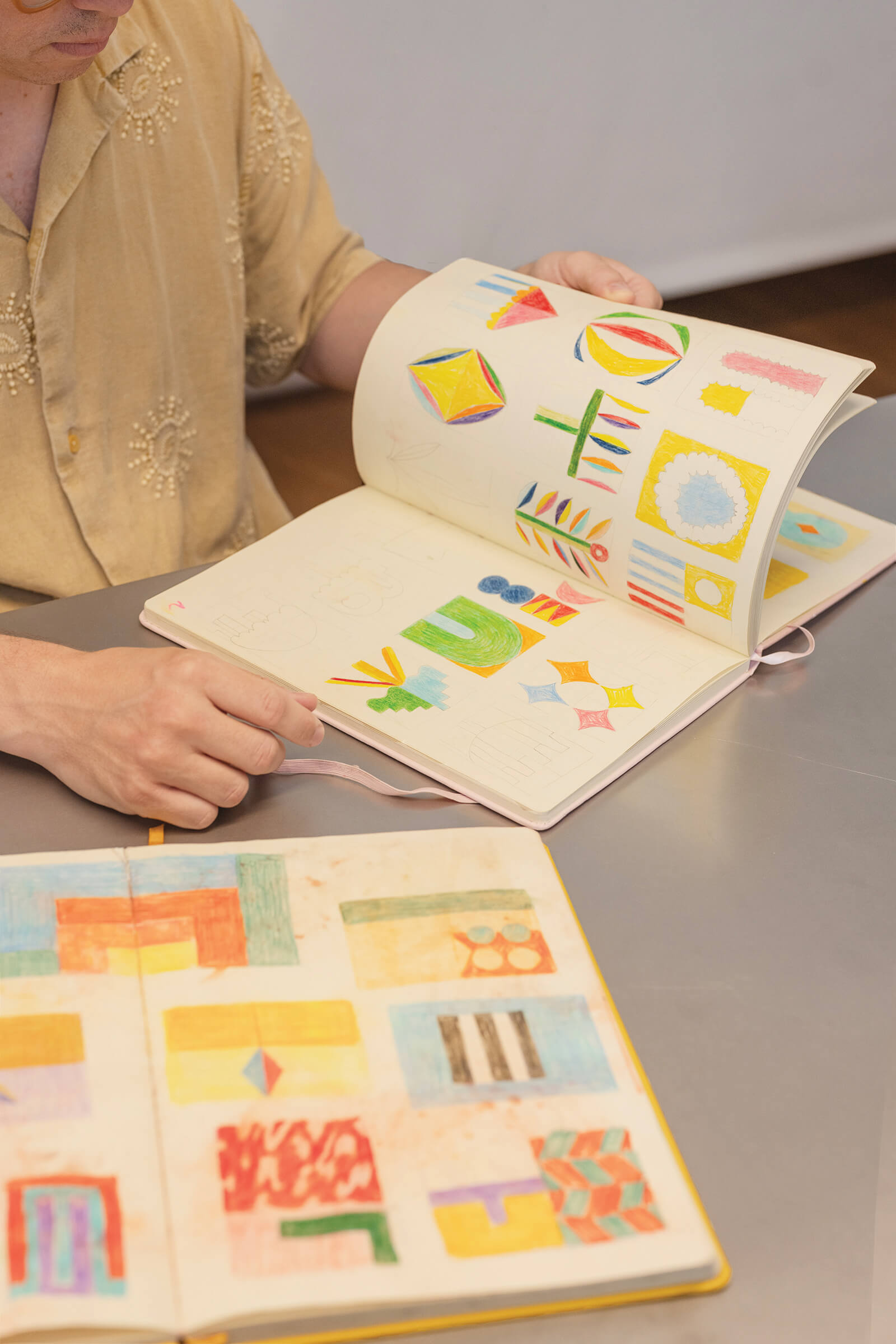4 Reasons Why Playgroups Matter (for Kids and Parents)

If you’ve ever peeked into a playgroup, you’ve probably seen a happy chaos of little feet running, crayons rolling across the floor and splashes of paint. At first glance, it might just look like fun and games but playgroups are so much more than that.
They’re little hubs of learning, laughter, and connection that benefit children and their parents in ways we often don’t realize until much later. Whether you’re a first-time parent dipping your toes into the world of early childhood activities, or a seasoned caregiver looking for a weekly outing, playgroups can be the highlight of your week.

Here’s why they matter so much:
1. Social Skills Start Here
Children don’t magically wake up one day knowing how to share toys, wait their turn, or comfort a crying friend. These are skills they develop gradually, and playgroups are the perfect training ground.
In a playgroup, your child learns that sometimes they need to wait for the red truck because another little one has it right now or that saying “please” and “thank you” can go a long way when they want a turn on the slide. These small interactions are like building blocks for empathy, patience, and cooperation.
And the best part? It happens naturally. They’re not sitting in a classroom listening to someone talk about kindness, they’re living it in real time, with their peers by their side.

2. Play = Learning (Even if It Looks Messy)
When children are rolling play-dough, stacking blocks, or singing along to “The Wheels on the Bus,” they’re actually learning critical skills. Play is the language of childhood. It's how little brains grow, problem-solve, and make sense of the world.
- Stacking blocks teaches early math and engineering concepts.
- Sensory play strengthens brain connections, builds vocabulary, helps children calm their big emotions, and sparks curiosity as they discover how the world feels, sounds, and looks.
- Singing songs boosts vocabulary and rhythm awareness (hello, pre-reading skills!).
- Messy painting isn’t just fun: it’s creativity, sensory exploration, and confidence building all in one.
So while it may look like your toddler is simply smearing paint on the table or banging on a drum, they’re actually developing the skills they’ll later use in school and in life.
3. A Lifeline for Parents and Caregivers
Let’s be honest: parenting little ones can be exhausting and, at times, a little lonely. Playgroups are not just for children, they’re for us too.
When you walk into a playgroup, you’re walking into a community. It’s a chance to meet other parents who understand the sleepless nights, picky eaters, and toddler tantrums. It’s a place where you can swap stories, laugh about the latest “adventures,” or even share tips that you didn’t know you needed.
Sometimes, just having another adult to chat with over a cup of coffee while the kids play can be the thing that recharges you for the week ahead. In that sense, playgroups build villages, not just for children, but for families.
4. Sensory Play Sparks Growth
One of the most exciting parts of many playgroups is sensory play- activities that let children explore with their hands, eyes, ears, and even noses. Water tables, foam, slime, sand, tubs of rice or play doh… To an adult, it might just look like a mess waiting to happen but for a child, it’s a world of discovery.

Sensory play offers unique benefits that go far beyond fun:
- Strengthens brain connections as children experiment with textures, sounds, and patterns.
- Builds vocabulary when little ones describe what they feel “sticky,” “bumpy,” “cold.”
- Supports emotional regulation because the repetitive, calming nature of sensory activities (like pouring sand or squeezing dough) helps children manage big feelings.
- Encourages creativity and problem-solving as they explore, test, and imagine new possibilities.
And let’s be honest, there’s something magical about watching your child completely absorbed in a tub of bubbles or proudly showing you the “cake” they made out of foam. In those simple moments, they’re learning, relaxing, and finding joy in their world.
Bonus: Tips for Getting the Most Out of Playgroup
If you’re heading to your first playgroup soon, here are a few little things that can make the experience even smoother:
- Bring a snack and water bottle for your child (and maybe one for yourself too).
Dress for a mess! Playgroups often involve paint, glue, or sand so clothes that can handle a little fun are best. - Arrive with an open mind. Some days your child might dive right in, other days they may cling to you and that’s perfectly normal.
- Join in the play. Even five minutes of building blocks together can make your child feel extra secure and connected.
Stay Connected with Bubu Island
Subscribe to our newsletter for the latest updates and tips on early childhood development.

Explore Our Latest Insights
Discover tips and activities for young children.


.jpg)

